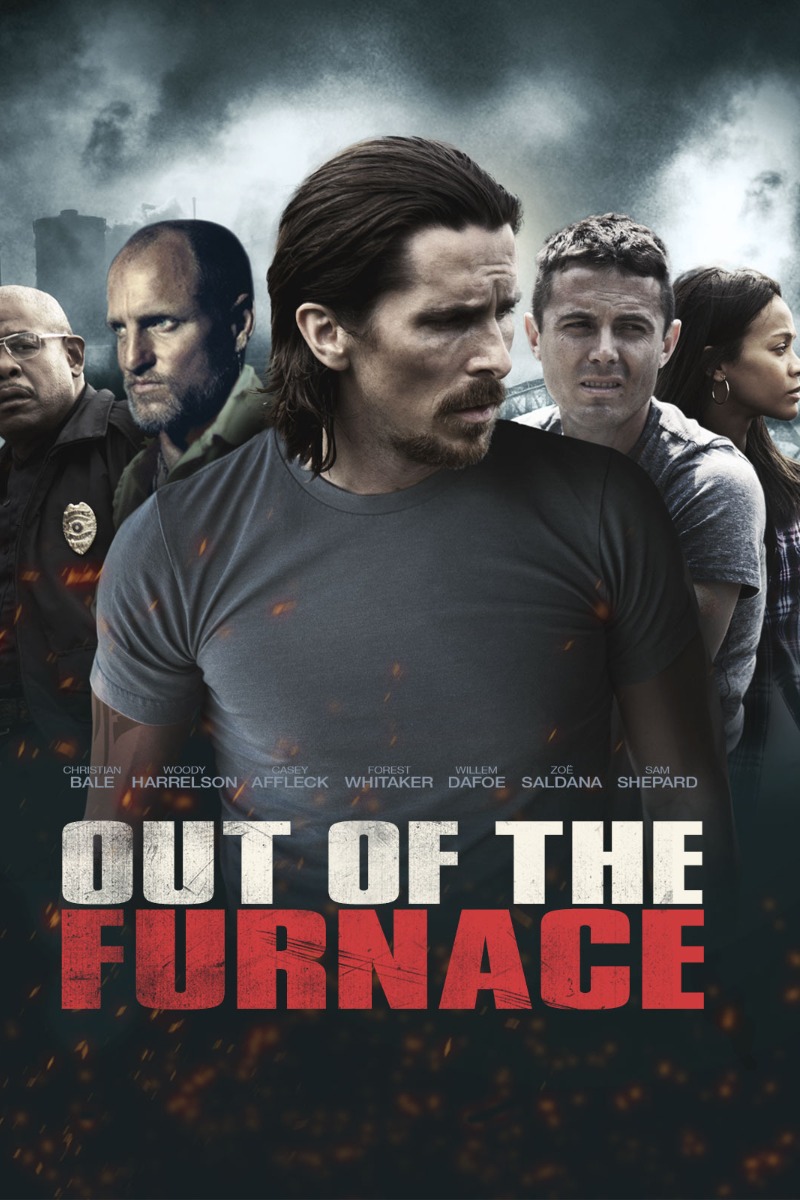Dickon Hinchliffe
Biography
Dickon Hinchliffe, born on July 9, 1967, in the UK, is a highly respected film composer, orchestral arranger, and songwriter. Known for his unique musical style that blends classical training with influences from his band work, Hinchliffe has become a sought-after composer for films and television series, celebrated for his ability to craft atmospheric and emotionally resonant scores.
Biography and Musical Foundations
Hinchliffe's distinctive compositional style developed from his classical study of the violin, combined with his experience in songwriting and recording in bands. A multi-instrumentalist proficient in guitar, violin, piano, and banjo, he was a founding member of the British band Tindersticks. With Tindersticks, he contributed to numerous albums and toured worldwide, often writing orchestral arrangements that became a hallmark of the band's sound. This background as a band member, with its fiercely independent spirit, greatly influenced his approach to film scoring.
His entry into film scoring began when French director Claire Denis invited Tindersticks to compose music for two of her films. Following this, he scored her acclaimed film Vendredi Soir (2003).
Career Highlights and Distinctive Scores
Dickon Hinchliffe's solo career as a film composer took off in the early 2000s, leading to collaborations with both American and British filmmakers. His scores often evoke a sense of introspection, melancholy, and subtle tension, perfectly complementing the narratives they accompany.
Some of his most notable works include:
- Forty Shades of Blue (2005): He scored this Grand Jury Prize-winning Sundance film for director Ira Sachs, marking an early significant solo film credit.
- Winter's Bone (2010): Hinchliffe composed the score for Debra Granik's critically acclaimed film, which won the Sundance Grand Jury Prize and was nominated for four Academy Awards, including Best Picture and Best Actress for Jennifer Lawrence. His music, which incorporated instruments common to the Ozark region, was praised for its ability to sit alongside the film's folk songs while maintaining a unique identity. He received an Evening Standard British Film Award nomination for Best Technical/Artistic Achievement for this work.
- Locke (2014): He scored Stephen Knight's film starring Tom Hardy. This collaboration continued with season 3 of the hit series Peaky Blinders.
- Red Riding: The Year of Our Lord 1980 (2009): Hinchliffe's music for this part of the British television trilogy was highlighted for its "mesmeric, elegiac and ultimately pincering, punishing effect," articulated through a small string ensemble augmented with bass, piano, guitar, and percussion.
- Project Nim (2011): He worked with director James Marsh on this award-winning documentary.
- The Lost Daughter (2021): Hinchliffe composed the atmospheric score for Maggie Gyllenhaal's psychological drama. Gyllenhaal's vision was for the music to sound like a "found record" or a "vintage piece of vinyl," a unique creative challenge that Hinchliffe embraced. The score garnered critical acclaim and a Chlotrudis Award nomination for Best Use of Music in a Film.
- Peaky Blinders (2014): He contributed to the music for this popular TV series.
- Leave No Trace (2018): Another collaboration with Debra Granik.
- The Third Day (2020): He composed music for this miniseries.
- Yardie (2018): He scored Idris Elba's directorial debut.
Hinchliffe's unique style is often described as a brilliant fusion of classical and modern sounds, characterized by elegant and sophisticated works. His music is known for invoking a variety of emotions and demonstrating both technical excellence and originality. He is a composer who strives to balance expressiveness and his musical sensibilities with the demands of storytelling, drama, and emotion within the film.
Dickon Hinchliffe continues to be a prominent voice in film and television scoring, known for his subtle yet powerful musical contributions that significantly enhance the narratives they accompany.


